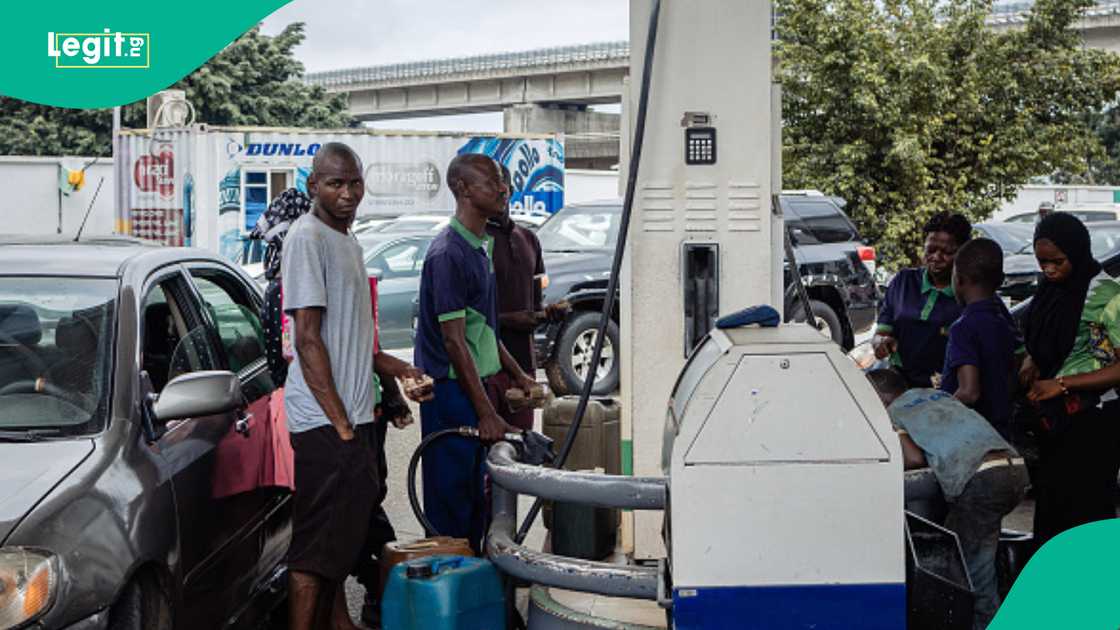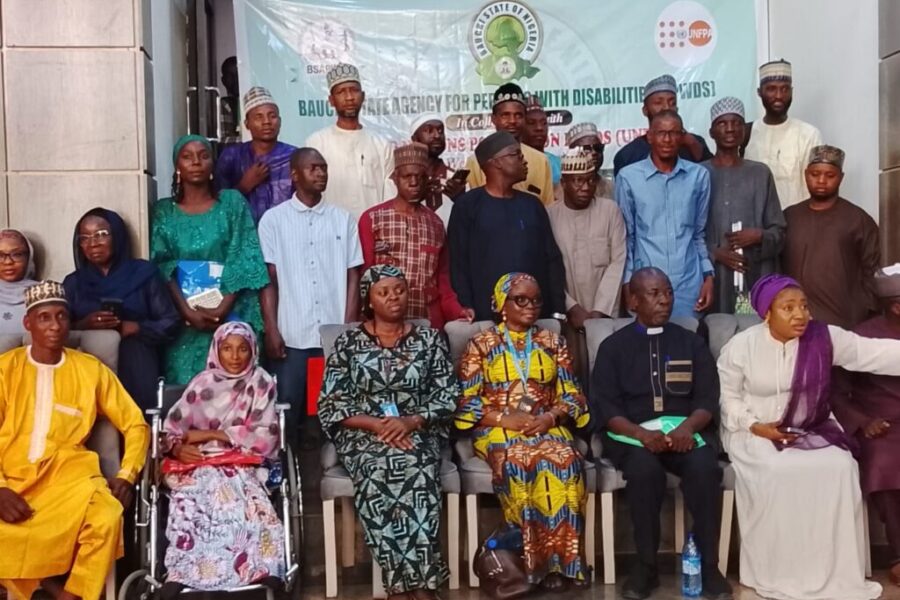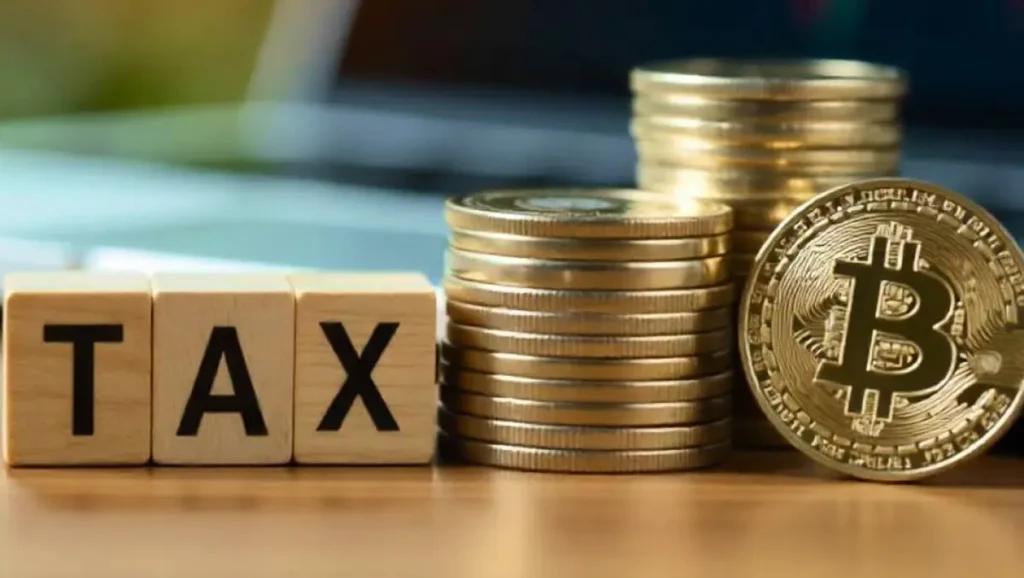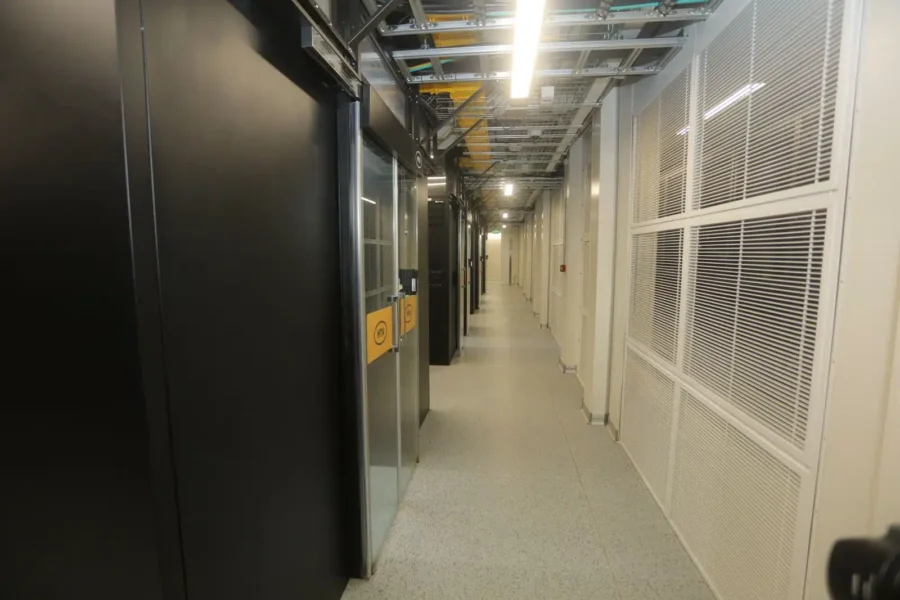Historic Shift: Nigeria’s Fuel Imports Hit Eight-Year Low as Dangote Refinery Transforms Energy Landscape
Nigeria is witnessing a remarkable transformation in its petroleum sector as fuel imports plummet to their lowest levels since 2017, marking a significant shift from import dependency toward domestic production capability.
According to recent data from Argus, September 2025 saw petrol imports drop to just 116,000 barrels per day (18.44 million litres daily), down from 154,000 bpd in August. This dramatic decrease signals a new era in Nigeria’s energy sector, primarily driven by the operations of the Dangote Refinery.
The declining import trend persisted despite temporary setbacks at the 650,000-bpd Dangote Refinery, including maintenance work on its gasoline-producing RFCC unit and a brief PENGASSAN strike. These challenges, however, failed to reverse the overall downward trajectory of imports.
In a significant development, Nigeria’s gasoline exports reached their second-highest recorded level at 77,000 bpd in September, with some shipments reaching as far as New York Harbour. Net gasoline imports decreased to 38,000 bpd, reinforcing Nigeria’s emerging status as a refining hub.
The domestic market has remained stable, with Dangote Refinery maintaining petrol prices around ₦820 per litre through its naira-for-crude program. This innovative payment structure, where crude purchases and refined product sales are conducted in naira, has helped maintain price stability.
Data analytics firm Kpler reports that Nigeria’s petrol imports from January to September 2025 decreased by over 40%, dropping the country from fifth to eighth place among global petrol importers. While Nigeria remains Europe’s largest gasoline buyer, import volumes have halved compared to 2024.
Energy expert Adeolay Yusuf told Legit.ng that Nigeria could achieve near-zero petrol imports within five years as domestic refining capacity expands. He suggested this shift would positively impact the naira by reducing dollar demand.
The transition hasn’t been without controversy. DAPPMAN recently alleged price disparities in Dangote’s international sales, claiming the refinery offered better rates to foreign traders. However, the Dangote Group firmly rejected these allegations in a statement issued on September 15, 2025, describing them as “misleading and inaccurate.”
This ongoing transformation represents a historic shift in Nigeria’s energy sector, potentially ending decades of import dependency and establishing the country as a significant player in regional refined petroleum products trade.







Leave a Comment